Premium Only Content
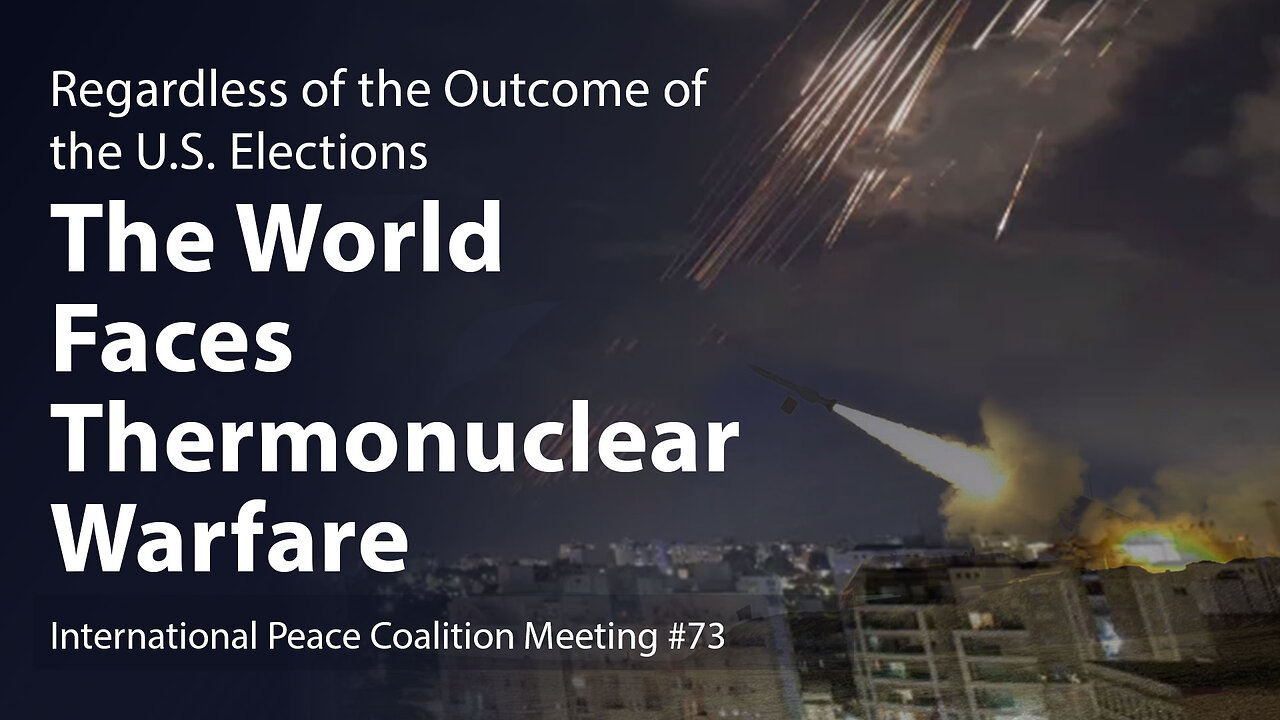
Regardless of the U.S. Election, the World Faces Thermonuclear War; w/ Scott Ritter, Jeremy Loffredo
Join us for the discussion period on Zoom! https://schillerinstitute.nationbuilder.com/ipc_meeting_20241101
Join us this Friday at 11am ET with Scott Ritter, Jeremy Loffredo of the Gray Zone; Dr. James Cobey on the board of the Palestinian House of Freedom in DC and Voices from The Holy Land; Dr. Chandra Muzaffar, Founder and President of the International Movement for a Just World (JUST) in Malaysia and others.
We are one week after the historic Oct. 22-24 BRICS summit in Kazan, Russia, and less than one week before the Nov. 5 U.S. elections. In the remaining days before that election, the world stands a good chance of being brought to the brink of superpower thermonuclear warfare in two different theaters, and action must be taken now to prevent that, by working with the Global Majority to create a new paradigm of security and development for all. Voting, alone, will not do it.
First, Southwest Asia: There are discussions underway—both in public and behind the screen—of a possible follow-up strike by Israel against Iran, with or without an intervening Iranian retaliation against the first strike, this time attacking major economic infrastructure (such as oil fields) and possibly even Iran’s well-protected nuclear program. Herzi Halevi, the Chief of the General Staff of the Israel Defense Forces (IDF) told air force pilots on Oct. 29 that Iran could be hit “with capabilities that we did not even use this time … and the places that we spared this time.” Neocon warmongers in the U.S. are egging Israel on, such as former U.S. Army intelligence officer Jon Sweet writing in The Hill on Oct. 30 that “Israel needs a sustained air campaign to set conditions for the defeat of the Islamic Republic of Iran,” and that “Friday’s airstrikes were likely just a beginning…. Israel is one step closer to removing the head from the Iranian hydra.”
Second, Ukraine: Russia’s Federal Security Service (FSB) announced that a Ukrainian sabotage and reconnaissance group, which included mercenaries, unsuccessfully had tried to break through the Russian border in Bryansk Region on Oct. 27. The FSB report included images of some of the mercenaries, including a tattoo on the upper arm of one of them showing an angel holding a rifle, with a banner reading “Ranger” and “2d Bn”—apparently a reference to the 2nd Battalion of the U.S. Army’s 75th Ranger Regiment. On Oct. 30, the Russian news agency Sputnik cited a security specialist who concluded that the actual goal of the attack on Bryansk “was to prepare the ground for a further, larger-scale attempt, including by NATO forces, to penetrate this Russian region.” The widespread media promotion of the story that thousands of North Korean troops were being trained in Russia and would soon be deployed against Ukraine, has already created the fact-free justification for such a planned NATO escalation directly against Russia.
Regardless of the outcome of the U.S. election, this reality of the short-term prospect of thermonuclear war will be on the world’s agenda. But so will the outcome of the Kazan summit of the BRICS, which placed at the center of the world’s agenda the urgent call of the Global Majority for building a new international security and development architecture—with an open invitation to cooperative nations of the EU and even NATO to join in that effort.
As Schiller Institute founder Helga Zepp-LaRouche stated in her Oct. 30 weekly Dialogue webcast:
“The Kazan meeting offers a new system of relations among nations based on the five principles of peaceful coexistence…. That is naturally also embedded in the UN Charter. If the West would stick to the UN Charter, they would have no problem in associating themselves with it.
“What stands in the way are the remnants of geopolitics, which come from the time of empire, especially the British Empire. It is notorious that they always like to manipulate states—allying with the weaker state against the stronger state, or causing some kind of map which would give room for manipulation of borders and ethnic conflicts. And then naturally this idea of geopolitics was emphatically reiterated in the Wolfowitz Doctrine at the end of the Cold War, whereby the neocons basically said that there must be a unipolar world dominated by the U.S., and that no group or country or nation or group of nations should ever be permitted to surpass the U.S. in terms of economic, political or military power….
“This led to an enormous blowback, because the idea that you can export the liberal model of democracy, what Fukuyama called the End of History, which basically meant that you would export the neoliberal economic model, the liberal cultural model, export the Western conception of democracy and human rights to all of these countries around the globe—that led to a gigantic blowback….
-
 LIVE
LIVE
The Boomer Effect
6 hours agoBuy American and Build America
98 watching -
 1:59:46
1:59:46
The Charlie Kirk Show
2 hours agoShould Taylor Swift Submit? + What's Wrong In Minneapolis? + MAHA vs. CDC | 8.28.2025
43.9K12 -
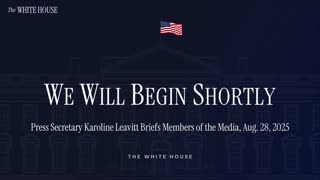 50:23
50:23
The White House
2 hours agoPress Secretary Karoline Leavitt Briefs Members of the Media, Aug. 28, 2025
28.7K23 -
 1:01:34
1:01:34
Timcast
3 hours agoCatholics Targeted By TRANS Shooter, Left Blames CHRISTIANITY
154K105 -
 2:09:57
2:09:57
Steven Crowder
5 hours agoTotal Failure: Unpacking The Media's Evil Reaction to the Minneapolis Church Shooting
335K295 -
 2:05:26
2:05:26
Side Scrollers Podcast
4 hours ago4Chan SUES UK Government + Craig Has Mental Illness Fatigue + Knight Rider REBOOT | Side Scrollers
17.7K1 -
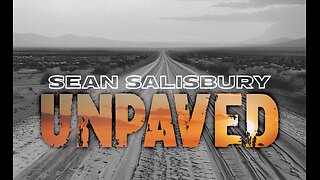 1:17:10
1:17:10
Sean Unpaved
3 hours agoColt Knost Unplugged: Golf, 2025 Ryder Cup, & Football Fever
22K2 -
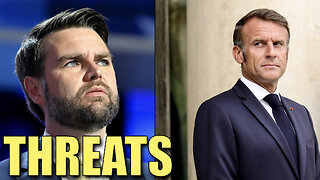 18:12
18:12
Neil McCoy-Ward
2 hours agoIt’s About To Get Ugly Between JD Vance and Macron
14K4 -
 LIVE
LIVE
Total Horse Channel
20 hours ago2025 Gypsy Congress Championship Show | Thursday
266 watching -
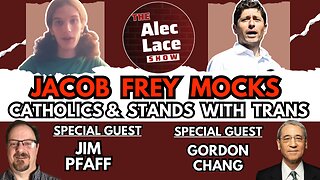
TheAlecLaceShow
2 hours agoJacob Frey MOCKS Catholics | Annunciation | Guests: Gordon Chang, Jim Pfaff | The Alec Lace Show
13K